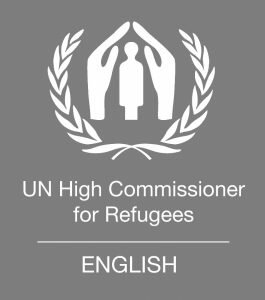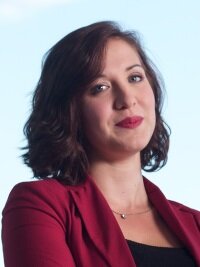
The United Nations High Commissioner for Refugees (UNHCR) is the main United Nations body mandated to protect refugees and ensure that their rights are protected. The agency assists countries or the UN in the repatriation and resettlement of refugees as it believes that everyone has the right to seek asylum. Since its formation in 1950 the UNHCR has received two Nobel Peace Prizes. In a time when refugees are a major issue facing the international community, UNHCR delegates at CANIMUN 2017 will have the opportunity to discuss some of the most pressing topics surrounding the global refugee crisis.
UNHCR Background Guide 2017 | Position Paper Guide & Instructions | Delegate Resources The committee staff can be reached at
Topics:
Implementing the Global Action Plan to end Statelessness
In 2015 the UNHCR launched a Global Campaign in an attempt to end statelessness by 2024. The campaign is accompanied by The Global Action Plan and a set of 10 goals the UNHCR has put into place, including ensuring that no child will be born stateless, resolving major existing situations of statelessness and removing of gender discrimination from nationality laws. Delegates will be able to discuss the progress of the Global Action plan over the past year and will examine ways to ensure that the goals of the Action Plan are met by 2024.
Developing an innovative, functional and reusable burden-sharing framework for refugees
One of the biggest impediments to effective management of the current refugee crisis is the distinct lack of action on the part of states that are not proximal to the conflict. Countries such as Jordan and Lebanon (with little territorial or economic capacity) can now boast that they host refugees in numbers nearly equaling their own populations (millions), while countries such as Canada (with huge territorial and economic capacity) have failed to meet refugee intake goals as low as 25,000. Delegates will have the opportunity to look into creating an innovative and lasting framework through which both current and future refugee crises can be solved. This discussion will require delegates to be both collaborative and creative in considering potential issue-linkages and appropriate incentives for ensuring international cooperation both now and in the future.
Committee Staff:
 LARA AIPPERSBACH | DIRECTOR
LARA AIPPERSBACH | DIRECTOR
Lara is a fourth year student of Public Affairs and Policy Management at Carleton University, specializing in International Studies. Originally from Vancouver, she moved to Ottawa in 2013 for school after spending two years managing a business in BC. Lara has participated in over 15 MUN conferences around the world in various capacities, winning several awards and designing multiple committees. Lara hopes to begin law school in 2018. Lara’s research interests include forced migration (of all forms) and asylum, refugee protection and empowerment, global responsibility frameworks with regards to refugees, international law, human rights law, immigration policy, and sustainable development. Currently, Lara is an active member of Carleton’s transnational Mobility Politics Research Collective, works as a Research Assistant at Carleton, and volunteers with UNA-Canada.
 CAMILLE COCKERTON | CHAIR
CAMILLE COCKERTON | CHAIR
Camille Cockerton was born in Montréal, Québec. Just recently, Camille moved to Ottawa, Ontario where she is studying Global International Studies as well as specializing in Communication and Media at Carleton University. Her MUN career started three years ago when she joined her high school’s Model United Nation team. Since then she has participated in numerous conferences throughout Canada. Camille is beyond excited to be returning to CANIMUN this year as the Chair for the United Nations Human Rights Council.
 SALLY EFFIE OGOE | RAPPORTEUR
SALLY EFFIE OGOE | RAPPORTEUR
Sally is a Ghanaian who moved to Winnipeg, Manitoba to further her studies. Presently, she is a graduate student in the Sociology Department at the University of Manitoba. In addition to her studies, Sally is interning with the Government of Manitoba as a Planning and Program analyst. She has been fascinated with human rights, social and global development issues at both the national and international levels since childhood, and this passion has driven her to participate in academic conferences in some states in the United States of America such as New York, Texas and also provinces in Canada such British Columbia and Ontario. She is looking forward to CANIMUN 2017 and is excited to be part of the committee staff for the UN High Commissioner for Refugees where delegates will be stimulated to engage in intellectual debates.



